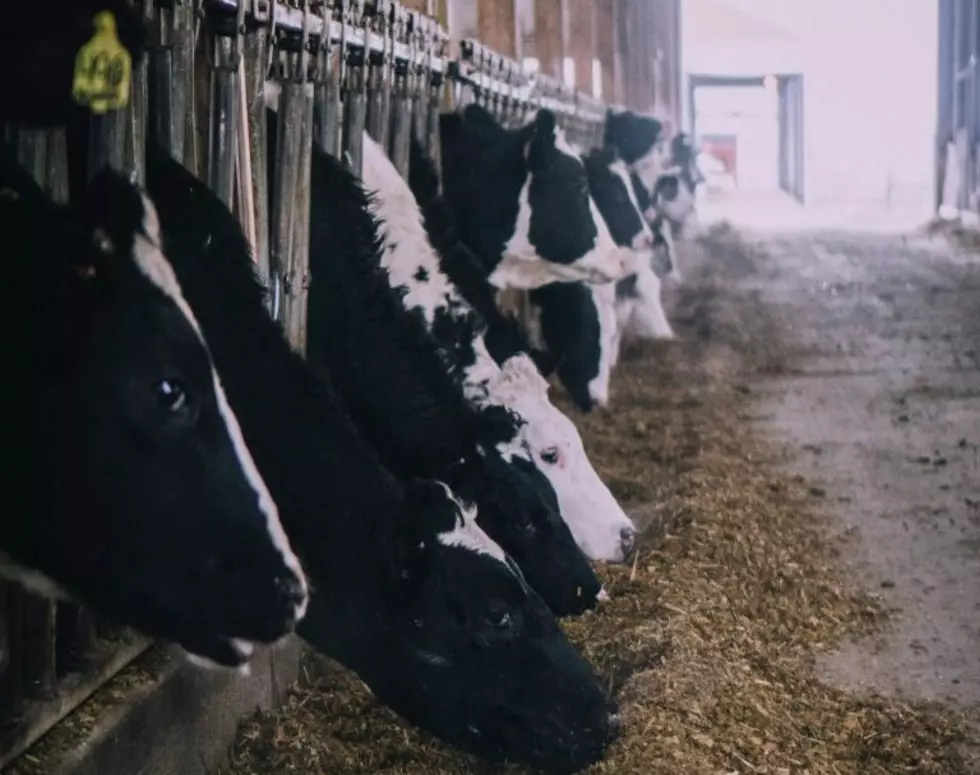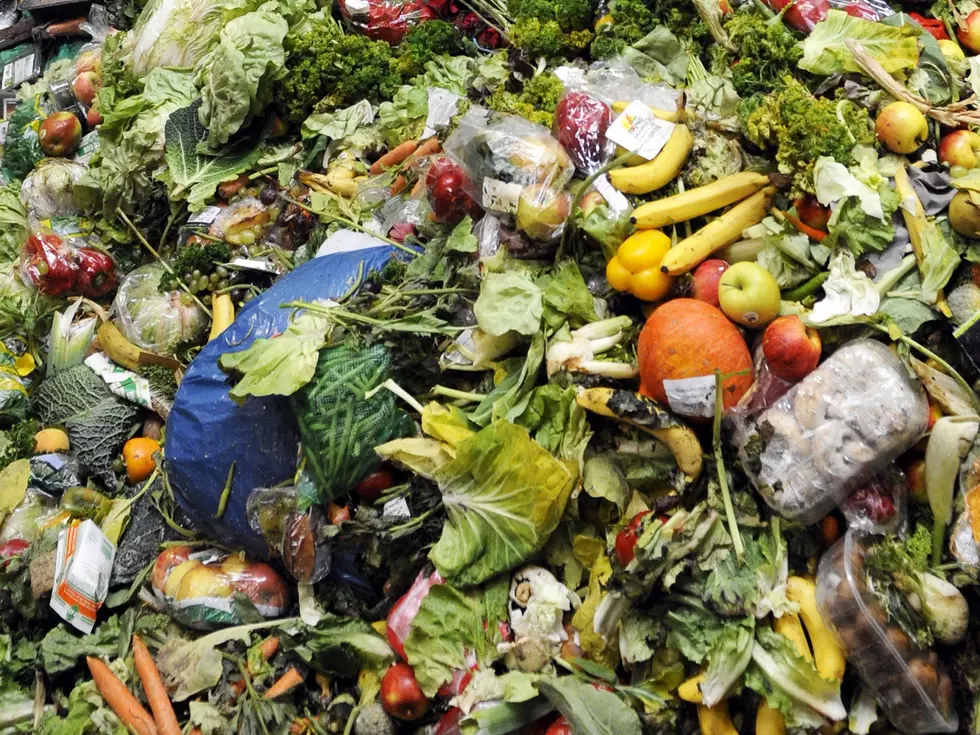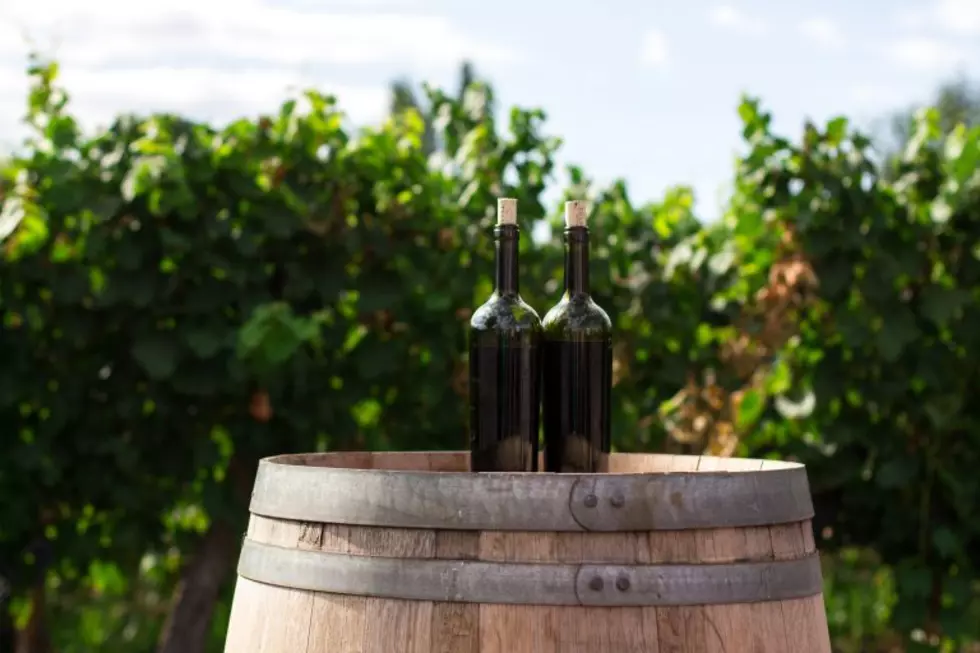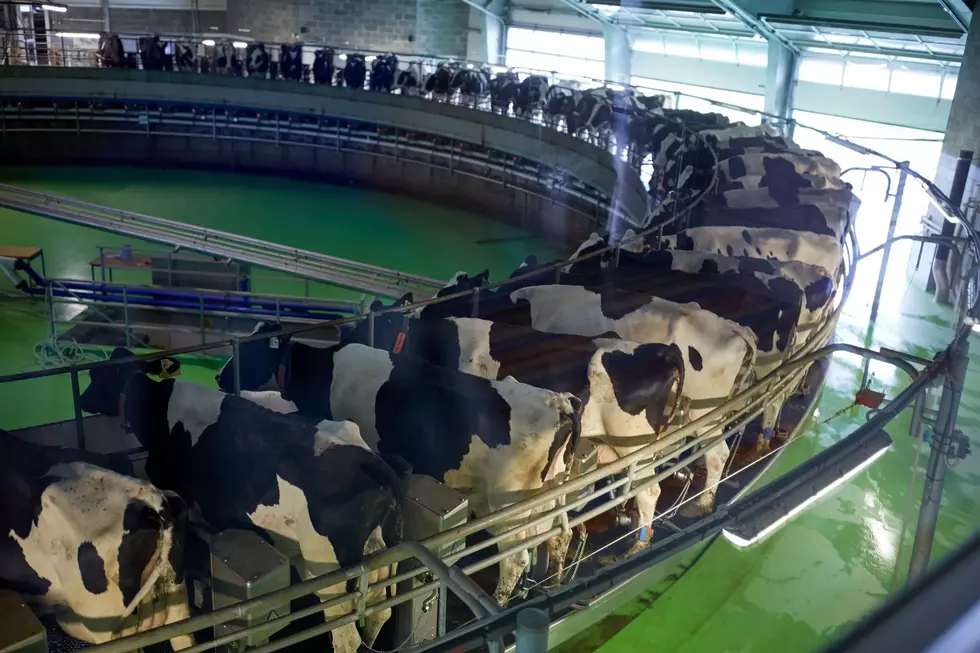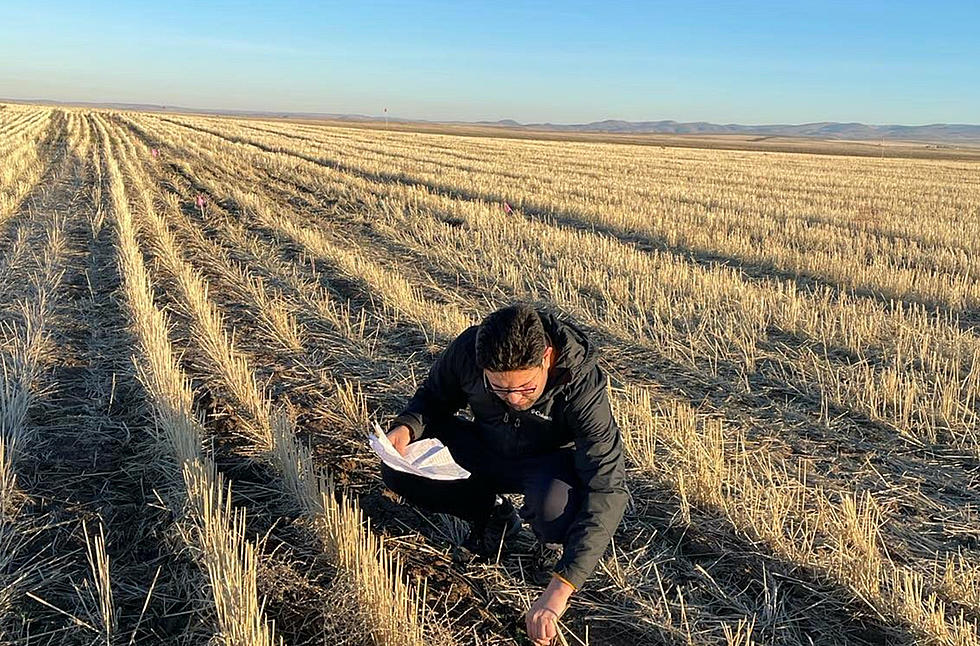
Singh To Lead WSU’s Lind Dryland Research Station
Washington State University has announced the new director of the Dryland Research Station in Lind. Last week, the school announced that crop and soil scientist Surendra Singh will serve as the new dryland cropping systems agronomist and next leader of the central Washington station. He replaces Bill Schillinger, who retired early last year after 29 years at the Lind Station.
Singh’s new role starts April.
Averaging less than 12" of rain per year, Lind is one of the driest places to farm in Washington, and, indeed, anywhere. Established in 1915, 1,300-acre Lind Station serves the state’s low and intermediate rainfall zones, with wheat breeding, weed and disease control, rotation options, agronomic management, and soil fertility among top priorities.
"Dryland wheat production in Washington is not only important from an economic standpoint, but also for global food security,” he said. “As rainfall patterns change, costs of fertilizers and other inputs rise, and weed and pest pressures increase, research at Lind and WSU keeps us ahead and ready.”
As director and agronomist, WSU says Singh will continue and expand research into practices that store water, enrich soil, and reduce erosion in one of the largest and most challenging areas to grow crops in the world.
Originally from India, Surendra earned his doctorate in soil sciences from the University of Tennessee. Since 2020, he has led or collaborated in research projects on cropping systems, soil health, farm profitability, and weed management for dryland farming systems as a postdoctoral scholar at Oregon State University’s Columbia Basin Agricultural Research Center in Pendleton.
“An agronomist is a ‘jack-of-all trades’ who must be able to evaluate the impact of changing rotations on crops, soil, pests, economics, and other aspects of agriculture,” said Rich Koenig, chair of WSU’s Department of Crop and Soil Sciences. “Surendra is well-versed in design and implementation of complex rotation experiments and brings a wide understanding of how to measure impacts of changes on the entire system. His breadth of experiences in research and different crops really stood out.”
The role links him with Lind staff, university students and scientists, and growers and stakeholders throughout the region. The annual Lind Field Day, held in June, is one of the university’s largest grower-attended field events, allowing crop producers and consultants to inspect research plots and discuss projects with scientists firsthand.
Also starting in April, Shikha will help lead a new long-term soil health project with researchers at WSU’s Wilke Research and Extension Farm near Davenport, WA. He will assist lead scientists Aaron Esser and Haly Neely in assessing past and future changes in crop rotations on yields, soil health, weeds, and overall economics.
“Shikha is an accomplished soil scientist and will add to our growing core strength in soil health,” Koenig said. “He is already connecting with other recent hires in Crop and Soil Sciences and will make broad contributions across dryland and, potentially, irrigated systems as well.”
If you have a story idea for the PNW Ag Network, call (509) 547-9791, or e-mail glenn.vaagen@townsquaremedia.com
More From PNW Ag Network




